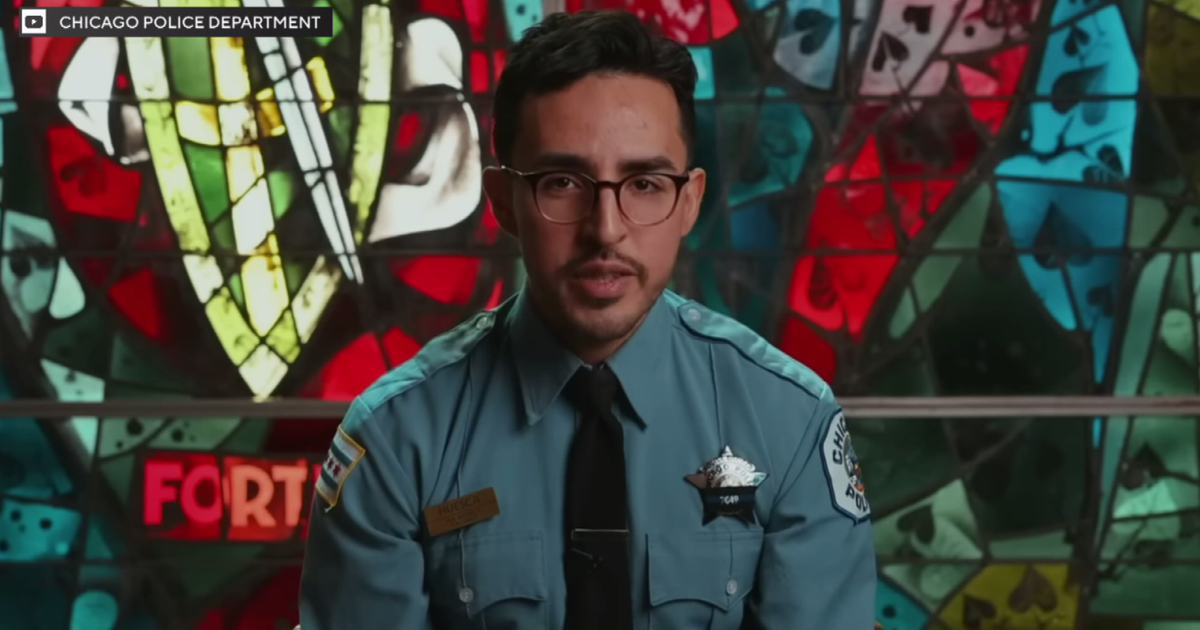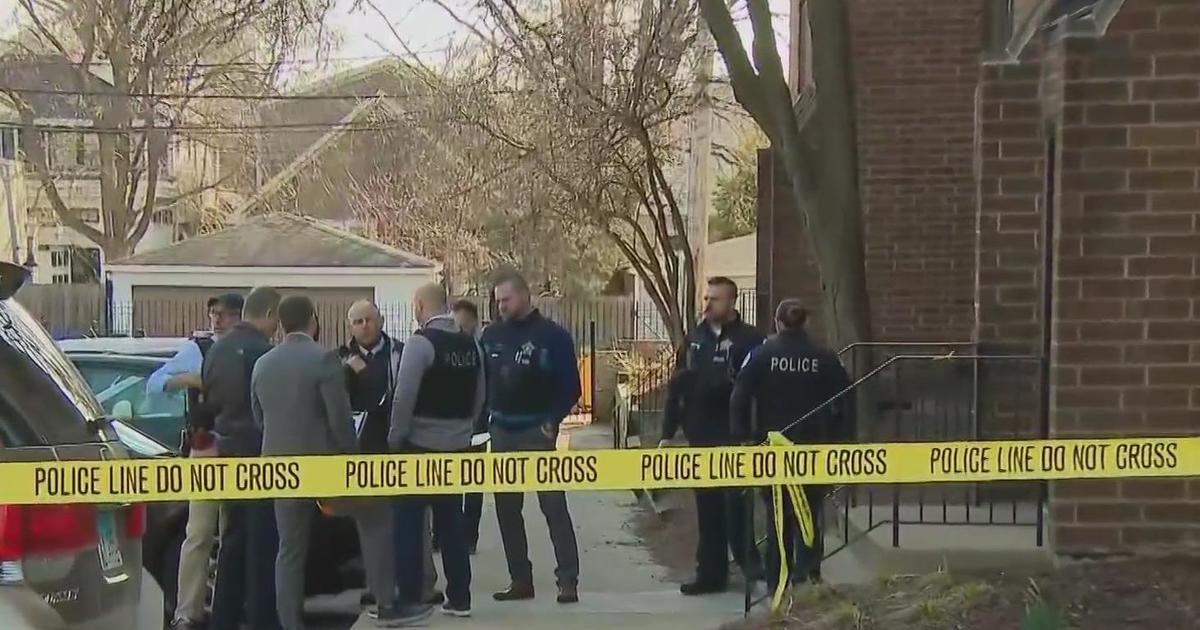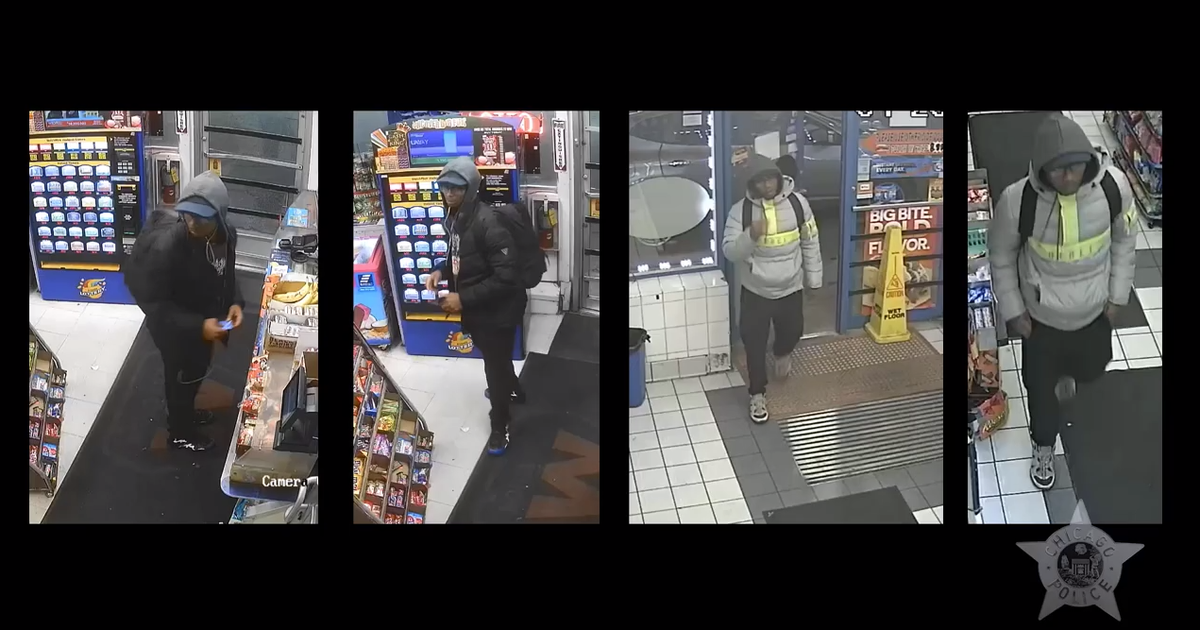Ex-El Rukn Leader's Lawsuit Heading To Trial Again
CHICAGO (CBS) -- It began 32 years ago with a double murder.
Now a long legal saga that landed a Chicago street gang member on death row, only to be exonerated after the Cook County judge who sentenced him went to prison for racketeering, is set to return to a federal courtroom Monday.
That's when Nathson Fields is scheduled to take to trial — for a third time — his lawsuit against the police and prosecutors who put him behind bars. It's a do-over of a 2014 trial that ended with a meager $80,000 judgment in Fields' favor.
U.S. District Judge Matthew Kennelly ordered a new trial last year when it appeared a key witness for the city landed a hidden "bonanza" deal in exchange for his testimony.
Fields, a former high-ranking member of the El Rukn street gang, spent 18 years behind bars — 12 on death row — before he was cleared at a 2009 retrial for the murders of Talman Hickman and Jerome "Fuddy" Smith, who were shot to death in the 700 block of East 39th.
It was revealed in the meantime that Cook County Judge Thomas Maloney, who presided over Fields' original trial, took a $10,000 bribe only to return it when he began to suspect the feds were watching. An attorney for Fields' co-defendant, Earl Hawkins, had passed the bribe to the judge.
After Fields was cleared, a long-missing police file connected to his case was "discovered," buried in an old filing cabinet in the basement of a South Side police station. For years, police and prosecutors denied it existed. But Fields' lawyers believe it was hidden on purpose because it held evidence that might have cleared their client far sooner.
When Fields took his lawsuit against the city to trial twice in 2014 — ending with a mistrial on the first attempt — he prevailed the second time on a single claim against one officer, Sgt. David O'Callaghan. Jurors found that the cop had either fabricated or withheld evidence to help convict Fields.
Hawkins, a fellow high-ranking El Rukn, testified for the city that Fields was guilty. But he also told jurors he had no deal with authorities for a significant reduction in his sentence in return for his testimony and that he did not expect to get out of prison until 2026.
Months later, Hawkins was a free man. Kennelly eventually decided that jurors could have drawn a "reasonable inference . . . that there was a connection."
"Considering the critical role Hawkins played in the underlying events and as a witness at trial, the court finds it reasonably probable that evidence tending to show that his 2013-2014 testimony against Fields would result in his near-immediate release would have produced a different result in the present case," Kennelly wrote.
Lawyers for the city later pleaded with Kennelly to reconsider, writing "there is no evidence that the decision to release Hawkins was made before" the federal parole commission met to consider it, and "there is no evidence Hawkins knew he would be getting his near-immediate release after (Fields') trial."
The judge shot them down.
(Source: Sun-Times Media Wire © Chicago Sun-Times 2016. All Rights Reserved. This material may not be published, broadcast, rewritten, or redistributed.)



